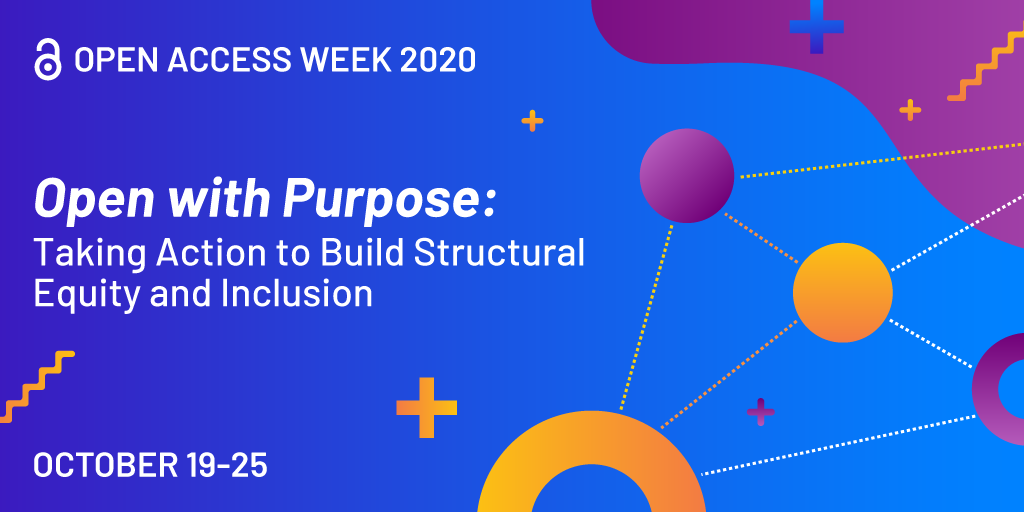
October 21, 2020, by Emma
Open Access Week: Open Access Book Publishing
In our third post for Open Access Week, the University of Nottingham Libraries Research Support team guide you through the knowns and unknowns of Open Access (OA) book publishing.
After years of major changes to the scholarly publishing landscape where the availability of free-to-read research articles and journals has increased dramatically, it may appear that academic books have been an afterthought.
When we consider books and long-form publication more broadly, we include monographs, chapters and edited collections but exclude trade and textbooks. We have seen movement towards greater provision for open access books but it is clear that most policies are in their infancy and many of the major funders do not, at present, mandate open access for books.
Nonetheless, understanding where the direction of OA policy for academic books is headed is important, particularly for researchers in the arts and social sciences where the monograph is more prolific.
Plan S includes monographs in its statement of principles of immediate open access and author retention of copyright but stops short of specifying a timeline, recognizing that as yet there is no generally accepted model for OA book publishing available which is sustainable in terms of cost.
Policy
There are policies in place with funders such as the European Research Council and Wellcome Trust and these do mandate and fund the open access publication of all of the research outputs they sponsor.
UKRI recently concluded a consultation reviewing its open access policies. Academic books were in scope of the review and we await the outcome of this exercise. Independently, Research England have signaled their intention to introduce a requirement for open access monographs and book chapters in the REF after REF2021.
These policies will significantly change book publishing practice, but it is still unclear at this point what the exact implications of the policy will be.
Publishing models
Our main observation is that business models for OA books are relatively underdeveloped. Authors ordinarily pay a book processing charge (BPC), however making a book open access is expensive – even in comparison to some of the higher charges which publishers demand to make articles free to read (APC).
The books publishing landscape has changed with a number of open access presses developing such as UCL’s University Press and Open Book Publishers. Further exciting projects like COPIM seek to provide open source software to facilitate the creation of more open book presses. We hope to see a diverse range of open access models and publishers develop, curtailing monopolies and allowing competition and creativity to flourish.
For a list of open access books, and their publishers see the Directory of Open Access Books (DOAB).
Some publishers allow authors to make a chapter of their work available in an institutional (open access) repository as part of their standard terms and conditions. Publishers who allow this, usually after an embargo period and sometimes with other restrictions, include:
- Bloomsbury
- Brill (multi-authored books and encyclopedias)
- Cambridge University Press
- Emerald
- Hart
- Oxford University Press
- Routledge/Taylor & Francis
- Sage
- Springer
You can check your publisher’s website and contact the Libraries Research Support Team if you need help interpreting publishers’ policies.
Finally…
The open access books picture is still quite opaque with strong indications of future change but few active policies at present. We want to highlight the opportunity to shape the conversation which is ongoing within the sector.
Researchers are encouraged to join in the debate and influence the model of OA book publishing which is in progress. The Libraries Research Support Team are following this debate closely and are always interested in having conversations with researchers and keen to signpost some of the key developments and participants shaping discussion. Contact the Libraries Research Support Team by email at openaccess@nottingham.ac.uk.
We also encourage researchers to feedback to their own faculty research boards.
We’ll be back tomorrow to with another blog post for Open Access Week 2020. In the meantime, you can find out more about the team online.

No comments yet, fill out a comment to be the first

Leave a Reply